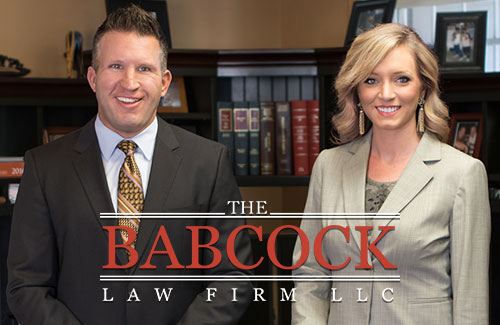Running your own enterprise is a mammoth task; it’s both incredibly fulfilling and sometimes impossibly challenging. The result is that it can be easy to overlook important details, especially in the early stages of operations.
Here are some common legal issues for businesses that preparation can help you steer clear from:
Lacking the right help
Don’t think that a company lawyer is a luxury for a large firm. You might not have an in-house attorney, but you need to have someone on hand that you trust and can get advice from early on. A legal problem mishandled in the early stages of a business can be lethal to its survival.
Lack of structure
You don’t have to set up a formal corporate structure—in fact, being a sole proprietor may be the best solution for you. But in that case, there is no distinction between your personal assets and business assets. At the very least, make sure your business structure has come about through thoughtful deliberation.
Taking on the wrong investors
When your business idea is still just that—an idea—it can seem like you have very few choices for getting outside funding. That may well be true. But it doesn’t change the fact that bringing on the wrong person as an investor can result in power struggles over the direction of the business and even costly legal action. Be prudent about who you rely on.
Not having a shareholders agreement
Your initial outside investors may well be friends and family; if that’s the case, it can be tempting not to put anything in writing. It’s also a grave mistake. The obligations of the shareholders—and their path out of the business if they so choose—needs to be clearly spelled out in a legal document.
Intellectual property difficulties
Everything from trademarks to patents has to be dealt with. That includes making sure what you use is clean and what you produce is protected. Do you have an important engineering concept that’s driving your entrepreneurial endeavor? Make sure you have a patent. It can be as simple as making sure your brand name and logo have copyright protection.
Incorrect classification of employees
More and more work is being done by independent contractors today. Be sure that your 1099 contractors really aren’t full-time employees in disguise. The government doesn’t look fondly upon misclassification of employees, with all its implications on taxes and benefits.
Not having an employee handbook
Maybe you started with 5 employees and knew at least 3 of them from your previous professional life. Writing up a Human Resources manual seems unnecessary and the last thing you have time for. But you do have to consider what the process is for termination, along with non-disclosure and non-compete agreements that may be necessary.
No privacy policy
As the importance of digital marketing grows, so does the value of collecting someone’s information online. You must state exactly what you do with the information you gather. At the very least, Google penalizes sites without a privacy policy with lower search engine rankings. At worst, you’re in legal hot water.




